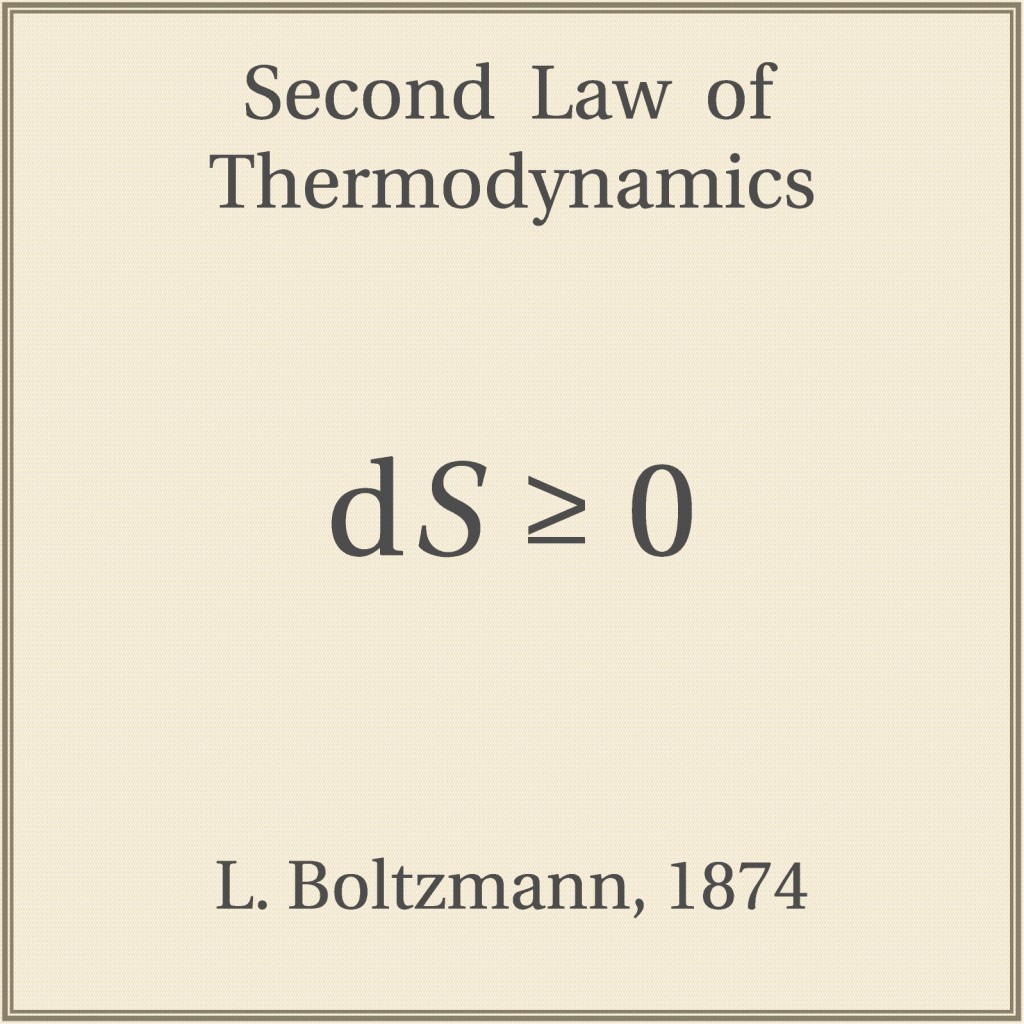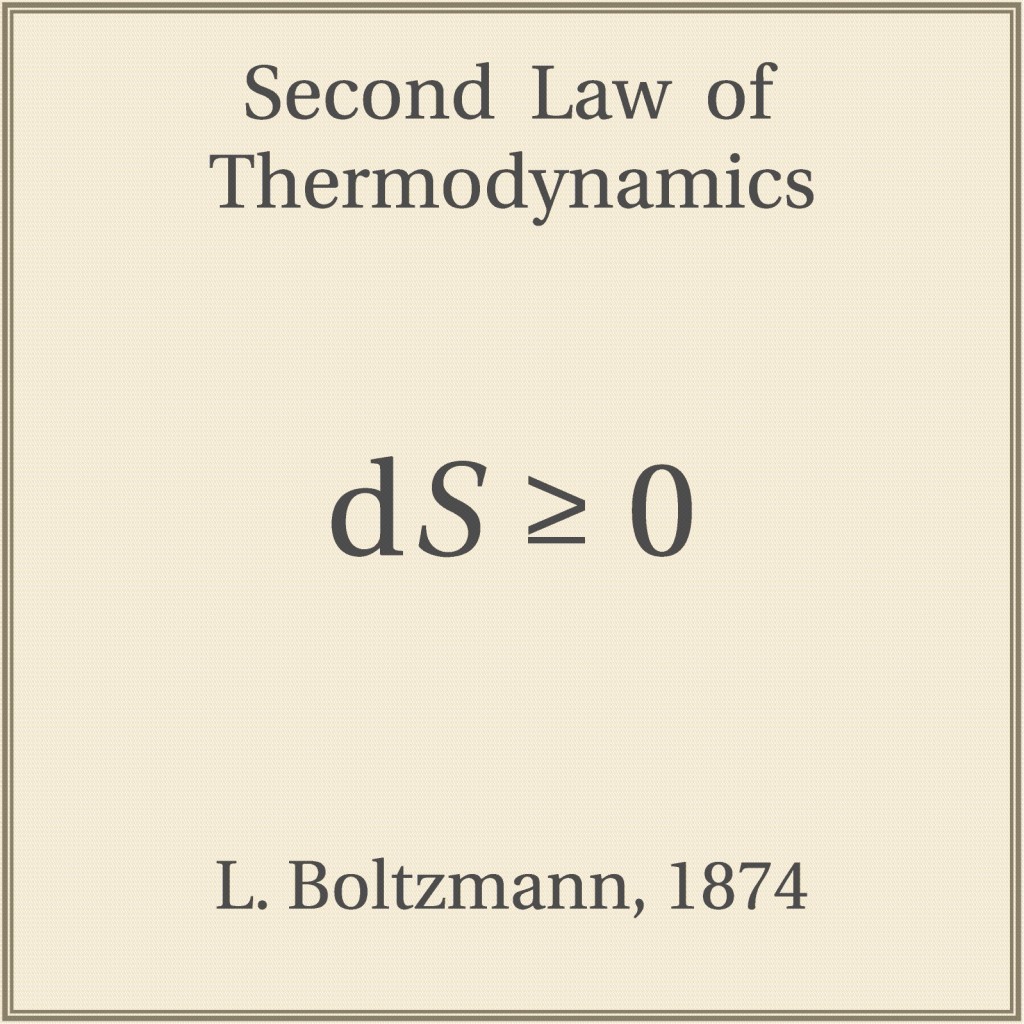At ABB Robotics in Auburn Hills, a suburb of Detroit, Michigan, where I used to work as an engineer, there was a steel door without a window that opened out into a hallway. Whomever designed this must have been clueless. When someone opened the door into the hallway, he would not know anything about what was on the other side of the door.
One day I saw a couple of guys standing and talking in the hallway in front of the door. Suddenly a fellow engineer opened the door, and it slammed into one of the guys, who screamed “hey watch it!”.
The thought that occurred to me was “no you watch it! Standing in front of that door is pretty clueless. How is the guy opening the door going to know that you are there?”. I did not say anything.
The fact of the matter was that the designer, the door opener, the guys hanging out in front of the door, all of them were oblivious. In my opinion the guy standing in front of the door and then when something happened instantly blaming the other guy was the most clueless.

Obliviousness
Obliviousness is a state of being unaware or unmindful of something or being ignorant of its existence. Some synonyms are clueless, ignorant, and unmindful. The goal of this blog is to create a list of what I call super facts. Important facts that we know to be true and yet they are often surprising, shocking or disputed among non-experts.
However, I will write about other related things as well, and today I am musing about obliviousness and cluelessness, something that afflicts us all more or less. Without obliviousness and cluelessness this super-fact blog could not exist.
I got the idea for this post by reading a comment on another blog post where the author mentioned that “…a woman on her phone in the supermarket walked into my trolley this morning…”. The woman with the phone was oblivious to her surroundings because of her fixation on her phone, a very common situation. I think most of us are guilty of this on occasion, but it is very annoying when the person who was staring at the phone is blaming the other party.
The same is true for people who walk backwards in crowded places and then blame the people they bump into. There are different levels of obliviousness.

Obliviousness And Social Media
There are a lot of ways to be excessively oblivious. One of the most common and annoying examples on social media is in my opinion when people comment on articles they have not read.
I remember an experiment on Facebook where an organization posted an article with an intentionally misleading headline. The article was about something completely different, and the article even stated that the headline was misleading, and the article explained the experiment. If you read just a small part of the article you would know. The result was that most people commented on the headline, not the article. They did not read any of the article and fell into the trap.

Obliviousness pops up in all kinds of circumstances. On Facebook I am the administrator or moderator in half a dozen beer groups. In these groups people discuss and review beers.
One of the want-to-be influencers are posting in lots of groups without ever engaging with or reading other posts, with the result that he has completely missed that one of the beer groups is very international and was started by Italians. He unsuccessfully keeps trying to engage other members several times a day by posting questions such as “Don’t you love this unusually warm evening?”, “What beer are you drinking while watching the game tonight?”.
Basically, he thinks this international beer group is his hometown, not Belgium, China, Brazil, Germany, Italy or Australia. As a result, no one knows what he is talking about. After one year with hardly any likes or comments he still has not figured this out because he never looks at anyone else’s posts.

Oblivious Bilinguals
Another common example of extreme obliviousness happens when monolingual people judge bilingual people on their language abilities. I’ve written about that here.
People may speak and understand a second language perfectly and still have a strong accent in that language assuming they did not learn the second language in childhood. Unless you take speech therapy an accent is very difficult to lose in adulthood, something bilingual people know but many monolingual people do not know. You certainly cannot know everything, but when someone negatively judges people for having an accent their level of obliviousness is more extreme.

Oblivious To Facts
Perhaps the most comical example of an extreme level of obliviousness is when people who know very little about a subject lecture the experts in the field and even mock the experts.
I recently read about such an example. A man was writing to a theoretical physicist, an expert on the second law of thermodynamics, telling him that the second law of thermodynamics contradicted evolution and that the physicist was an idiot for not knowing this. The man had fallen in the trap of believing a common but basic misunderstanding of the second law of thermodynamics.
Not understanding the second law of thermodynamics is one thing, assuming that your brief encounter with it makes you a superior expert on the topic compared to an expert with a PhD in physics is a much higher degree of obliviousness. I should say I see this type of situation quite often on social media.

We can’t know or understand everything, and we are all more or less unaware of other cultures, places, the feelings and thoughts of others, we all get distracted sometimes, and we know a very tiny infinitesimal portion of existing knowledge, we are all oblivious. However, we can make it much worse by not trying.
What are your favorite examples of obliviousness ?





